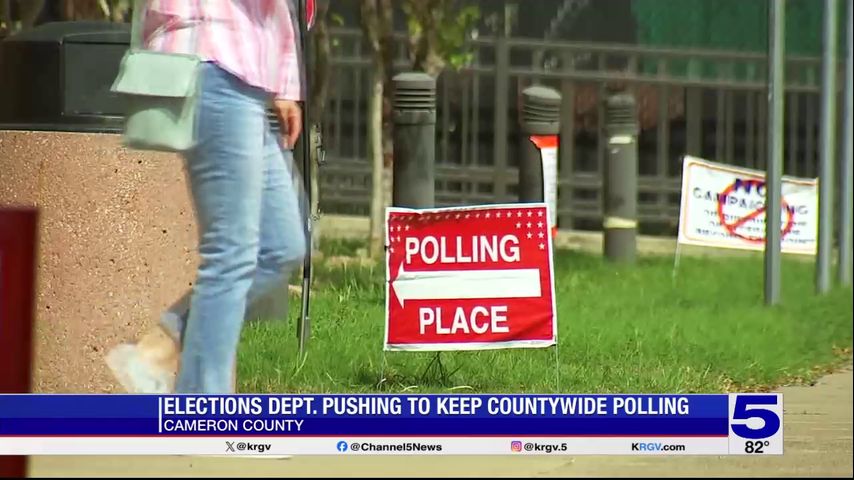American Jews feel less secure in the United States and make more of an effort to hide their Jewish identity than in recent years, according to a report from the American Jewish Committee released Wednesday.
The AJC, an advocacy group for Jewish people, described its 2024 report on antisemitism as “alarming.” The report is based on surveys of a representative sample of 2,056 Jewish and non-Jewish adults across the country between Oct. 8 and Nov. 29. Although the report was done to track existing trends around antisemitism, the anniversary of the Oct. 7, 2023 Hamas attacks on Israel as well as the 2024 presidential election made the survey period “unique,” the report’s methodology page said.
“On October 7, 2023, the world changed in many ways for much of the Jewish community. And in the one year since the Hamas terrorist attacks, the American Jewish community is still navigating the post-October 7 landscape,” the report said.
Nearly three quarters of American Jews polled said that they felt less secure in the U.S. than they were a year ago, the report said. Four years ago, only 31 percent said that. Ninety percent of Jews said antisemitism is a problem in the U.S. and that it has gotten worse in the last five years. Half said antisemitism is taken less seriously than other forms of hate and bigotry, according to the report.
Effect of Israel-Hamas war
On Oct. 7, 2023, Hamas led the deadliest attack in Israeli history, killing 1,200 people and taking over 250 hostages.
“That terrible day was a gut punch for the Jewish people globally,” Richard Hirshhaut, AJC regional director, told the Las Vegas Review-Journal. “It really compounded that sense of unease and it really brings me back to the fact that there is a collective sense that we feel less safe as a Jewish community.”
This year’s report said that 56 percent of American Jews have changed their behavior out of fear of antisemitism. That includes items they wear and what they post online.
The FBI’s most recent hate crimes report showed an increase in hate crimes and hate incidents against both the Muslim and Jewish populations in the United States after the start of the Israel-Hamas war.
The Council of American-Islamic Relations said it received a total of 8,061 complaints of anti-Muslim bias in 2023, with 607 of those complaints deemed hate crimes or incidents. The council said the total number of complaints was the highest number it has ever recorded in its history, and that nearly half of all of the complaints received in 2023 were reported in the final three months of the year.
The Anti-Defamation League, which tracks both criminal and non-criminal acts of hate against Jews, counted a total of 8,873 antisemitic incidents in 2023, a 140 percent increase from the prior year, and the highest number on record since the ADL began tracking such data in 1979.
Local efforts
The report wasn’t broken up by location, and Hirschhaut, who is based in Los Angeles, said that results were similar in the western states as other parts of the country.
Clark County has a thriving Jewish community, and Nevada is also home to the only Jewish woman in the senate: Sen. Jacky Rosen.
At the ADL’s Walk Against Hate at the Las Vegas Ballpark in September, hundreds of people marched against antisemitism and all forms of discrimination.
At the time, attendee Alana Weinberg told the Review-Journal, “I just think that there, sadly, is a lot of hate and antisemitism in the world, and that’s what drew me to the organization in the first place, and sadly, it’s just risen.”
Gov. Joe Lombardo’s Las Vegas office is currently home to a temporary Holocaust exhibit.
“It’s so important for us to bear witness,” Temple Sinai Rabbi Ilana Baden said as she toured the event in January. “It really brings it home.”
Working towards change
One encouraging component of this year’s report, Hirschhaut said, was that it was not just American Jews who reported the prevalence and significance of antisemitism, but also the rest of the public. He said that this spoke to the need for a bipartisan effort to combat antisemitism.
Seventy-two percent of U.S. adults said they think antisemitism in the U.S. today is either very serious or somewhat serious compared to 93 percent of Jewish adults, according to the report.
“It is incredibly reassuring that we have allies,” Hirschhaut said. “This report bears out that we are not alone in this struggle. We have people of goodwill and good conscience all around us who are ready to help.”
Another encouraging component of the report was that there is a greater sense of people wanting to do something about antisemitism.
A 21-year-old woman in the report was quoted as saying: “While the Hamas terrorist attacks have deeply hurt Jews around the world and instilled fear, it has also driven many Jews to fight for their identity and what they believe in. In dark times Jews embrace who they are and make their own light.”
At a 2024 memorial event to mark the one-year anniversary of the Oct. 7 attacks, Elliot Malamet, a longtime Jewish ethics teacher, said that while he was glad to see how many people had connected with their Judaism more since the tragedy, he was also uneasy about letting the tragedy define people’s relationship to the religion.
“Do not identify by who wants to kill you,” Malamet said at the event. “Identify by how you want to live as a Jew.”
Contact Katie Futterman at [email protected]. Follow @ktfutts on X and @katiefutterman.bsky.social.














